-
#625 – The Wizard of Speed and Time (1988)
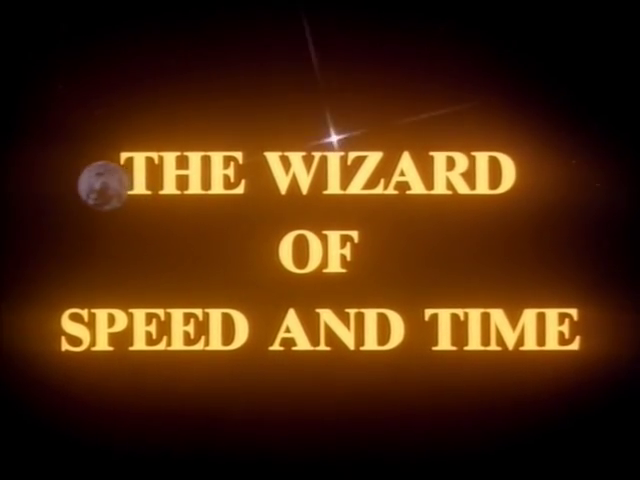
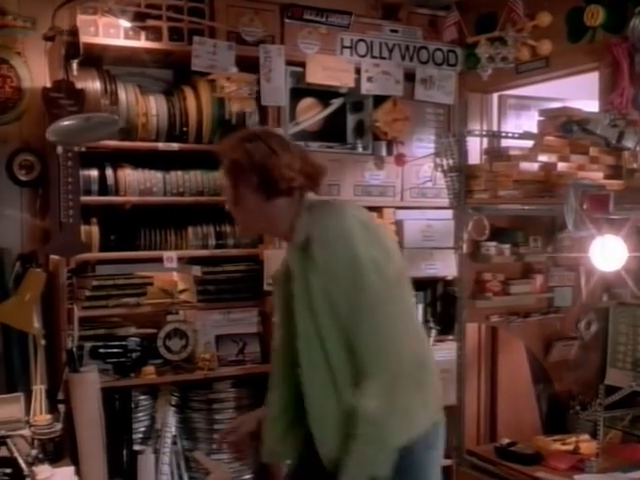
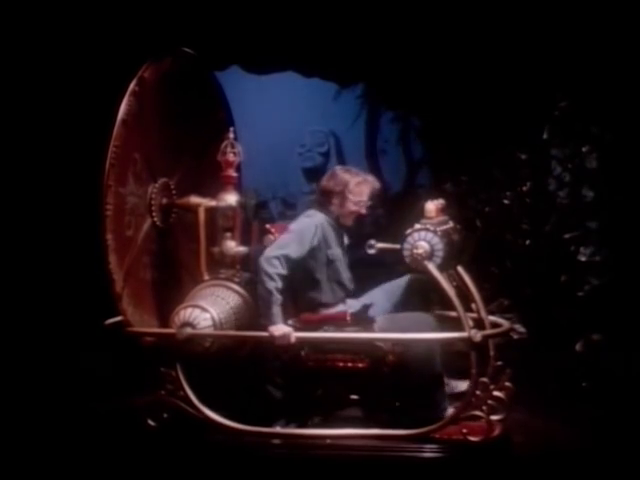

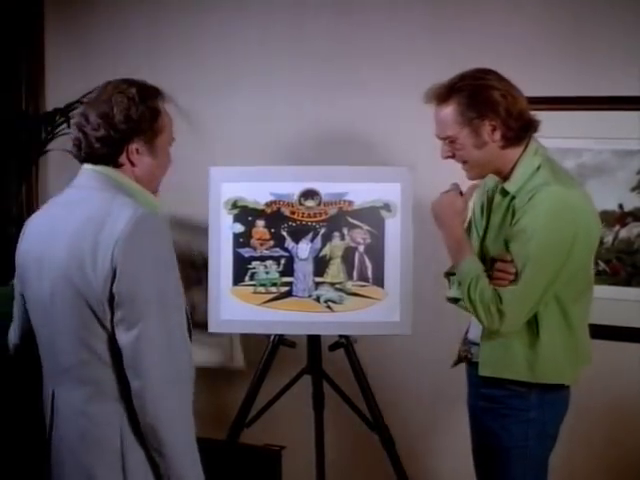
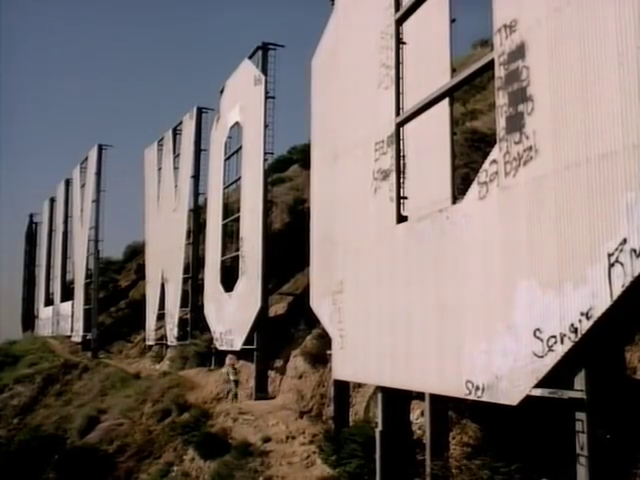
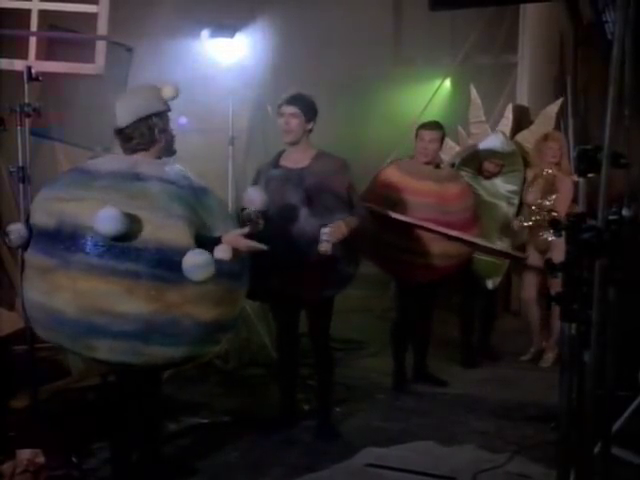
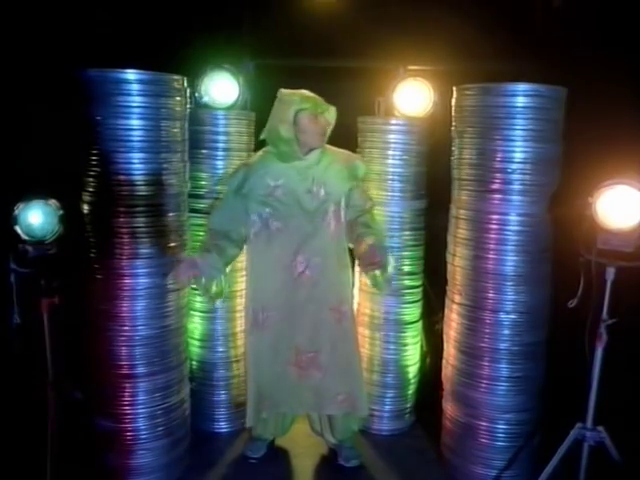
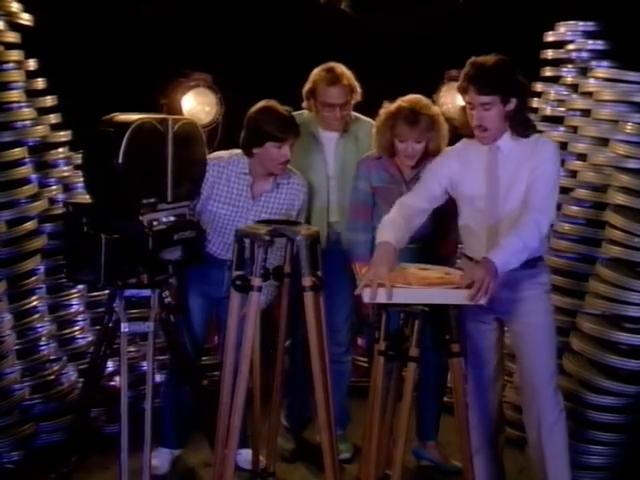
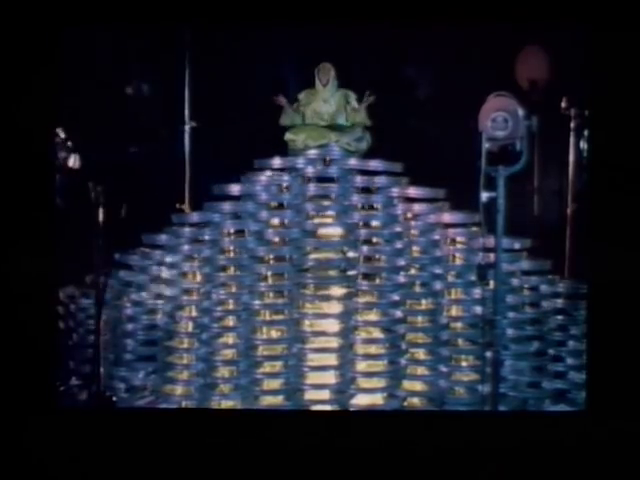
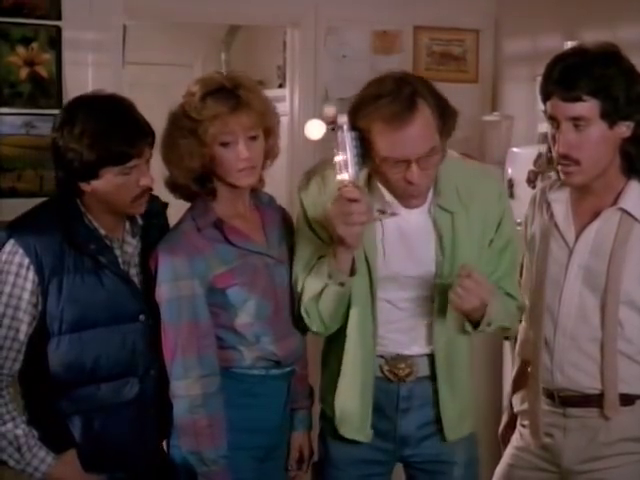
The Wizard of Speed and Time (1988)
Film review #625
Director: Mike Jittlov
SYNOPSIS: Mike is a stop-motion special effects artist who is trying to make it in Hollywood and get his screenplay produced. When his script catches the eye of some executives, they hire him to work on a feature for them, but being executives, they also make a bet on whether he can actually pull it off. Mike has to somehow assemble a crew and get his film done in the hopes of being paid…
THOUGHTS/ANALYSIS: The Wizard of Speed and Time is a 1988 semi-biographical film. Directed, written, produced, and just about everything else by Mike Jittlov, the film stars Mike Jittlov as Mike Jittlov (surprisingly), a special effects artist who is trying to make it in Hollywood. He gets his big break when some Hollywood executives task him with producing a feature. However, the execs make a bet with each other that he will not be able to complete it in time, so Mike must navigate that trials and tribulations of making a film in Hollywood to get it done on time. The film is an expansion of the short film of the same name, which was a showcase of some really creative stop-motion effects, and wrapping a semi-biographical story around it. The story is a fairly simple one, which takes swipes at the Hollywood film industry, as well as showcasing the frustrations Jittlov himself experienced in the industry. Despite that, it never feels bitter or defeated: the humour is quick-paced and sharp enough in it’s satire that it pokes fun without being mean-spirited. Also, the focus of the film is ultimately in it’s stop-motion scenes and effects that triumph over any negativity, expressed through statements of affirmation and positivity hidden within the sequences. This is also the message of the film in general as well: that the making of films, and the creativity, outshines any attempt by the film industries machines to dismantle creativity in favour of profit. The main story about Mike must making a film is a bit bland in isolation, but you can’t really judge the film solely based on that: it would be like judging Jaws solely based on all the non-shark scenes. All the different elements of the film are weaved together well, and there’s just an overall sense of fun and passion that shines through.
Packed full of little references and jokes that keep the film interesting, and never losing that personal touch, The Wizard of Speed and Time delivers something unique. It avoids the trap a lot of films mostly made by one person of being too self-indulgent and inward looking, but oddly enough, I think this is one of the most personal films of this type I have seen. It is reminiscent of Fellini’s 8½ in a lot of ways, but rather than being a surrealist tour-de-force of the filmmaker, The Wizard of Speed and Time is a lighthearted, celebratory look at filmmaking rooted in it’s time, with that 80’s flair and synth-driven soundtrack that capture the feeling of 80’s Los Angeles. Some of the humour gets a bit too involved with the intricacies of the industry, including union rules and the use of film reels, but these aren’t too much of a problem.
Spending ten years in production, Jittlov refused any financial backing for this film that would have meant sacrificing any of his vision, and I highly respect that. The making of the film reflects the actual making of the film too, and it’s this constant weave of real-life and fiction, interspersed with these explosions of creativity, which makes it so captivating. Apart from the special effects, you’ve got Jittlov doing some intense stunts, such as one scene where he spends two minutes underwater in a pool, which he actually did by holding his breath. The more you realise how much is authentic and done by hand or without stunt doubles, the more you appreciate the film as a whole. Maybe if you’ve got no interest in filmmaking or the creative process, then this film might pass you by, but I genuinely enjoyed all aspects of it, and it rises above the pitfalls of other films mainly produced by one person on zero budget with it’s quick-witted humour and fun visuals.
-
#624 – Tremors (1990)

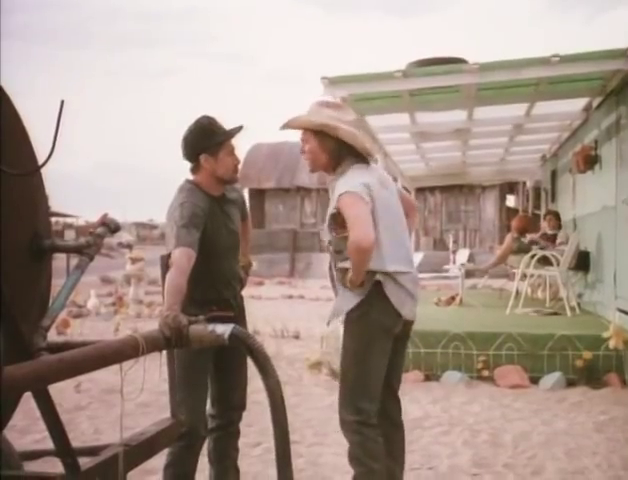
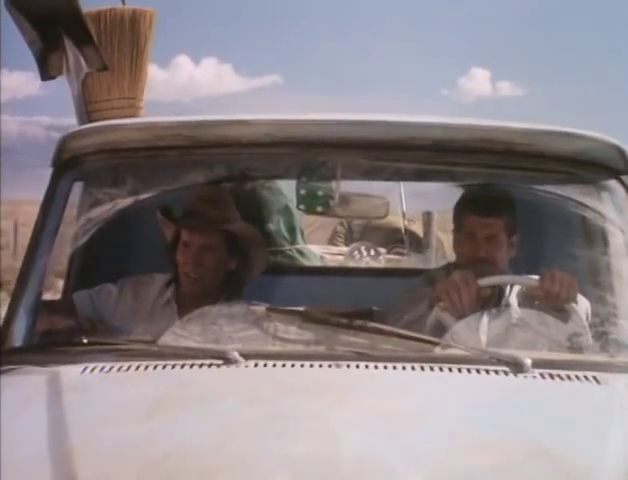
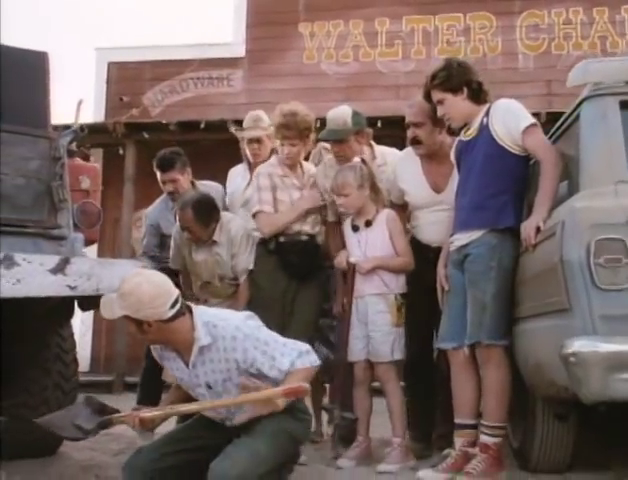
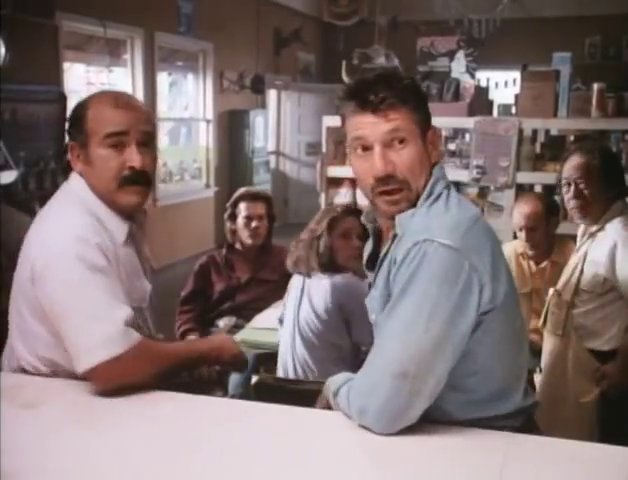
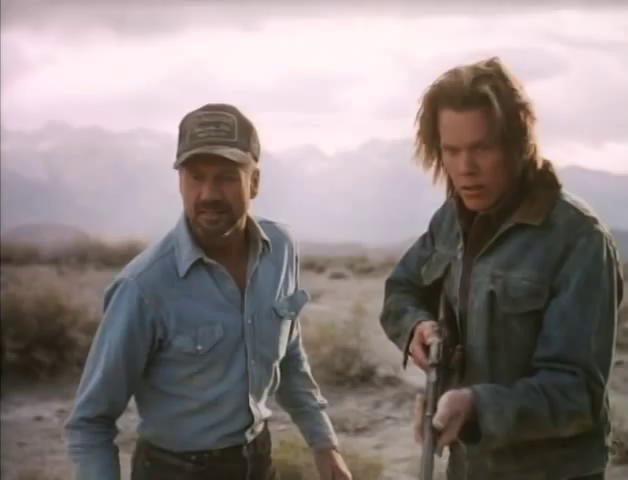
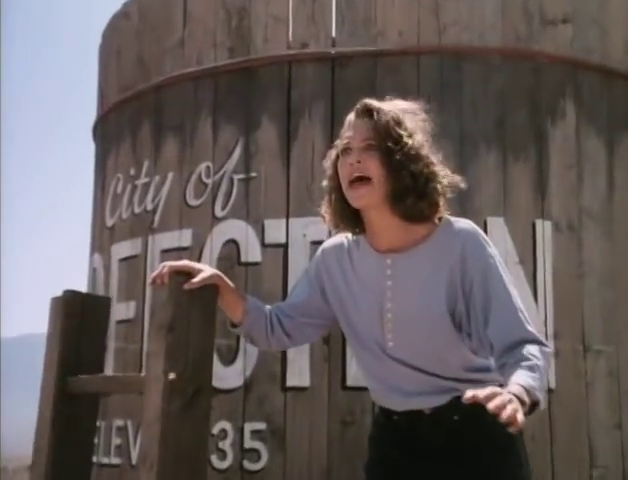
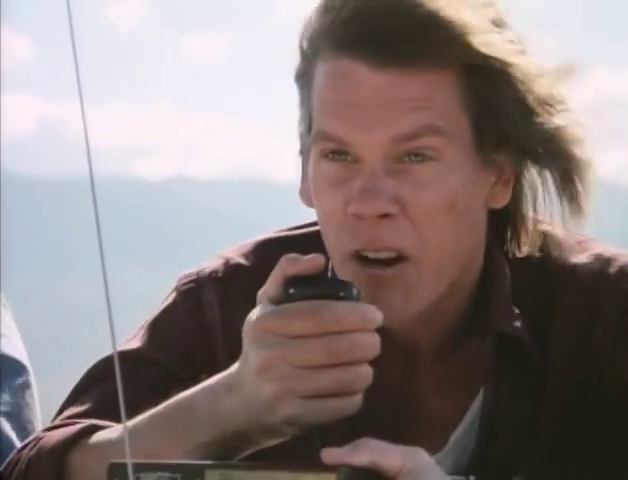

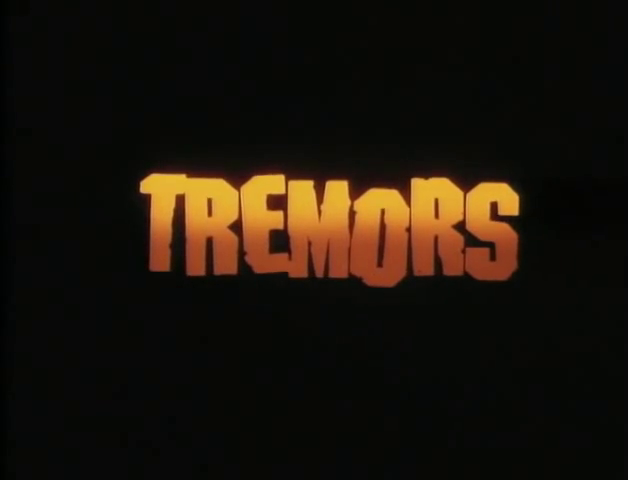
Tremors (1990)
Film review #624
Director: Ron Underwood
SYNOPSIS: Val and Earl are two handymen working in the (very) small town of Perfection, who decide they have had enough and decide to leave for the next town over. However, before leaving, they start to find the bodies of a number of townsfolk. Believing there to be a killer on the loose, they quickly learn that it’s actually the work of giant underground monsters that are picking off the population. Trapped in the town with no communication with the outside world, what remains of the town must band together to see off the threat before they become it’s next meal…
THOUGHTS/ANALYSIS: Tremors is a 1990 monster film. The film centres around Valentine (Val) and Earl, two handymen who live in the small town of Perfection in the middle of nowhere. They have plans to move to the town of Bixby, but on the way, they come across a number of Perfection’s residents who have been killed, and head back to Perfection to warn everyone. It turns out that the killings have been perpetrated by huge worm-like monsters living underground, who are dragging people down to their doom. As such, Val, Earl and the rest of the tiny town must band together to defeat the worm threat. The film has the flavour of a classic 50’s monster movie, harking back to a time when low budget monsters terrorised small American towns. Tremors is not so much a homage or parody of the films of those times, but a mix of comedy and horror that I think is best described as refreshing: it takes the key elements that made those films successful, but recharges them with a burst of energy that makes them feel up to date, with horror that balances tension and gore, while also slanting everything with a sense of humour that keeps things fun, without resorting to the easy parody of those classic films and taking cheap shots at their low budgets and cheap productions. It’s silly and goofy, without being degrading to the horror element, which is a very fine line the film walks well.
Strong chemistry between Kevin Bacon and Fred Ward as the leads really drive the film, and they’re quite different from the heroic, square-jawed leads that we used to get in monster movies. The rest of the supporting cast too feel genuine, and while may be more one-dimensional character, fill out the town’s population with authentic life. The creatures themselves are brought to life with some super cool practical effects that strive more for that classic b-movie feel rather than trying to be “real,” are nevertheless very well done, and they have a very destructive energy and scale whenever they are on screen, lending a strong sense of terror.
On paper, Tremors perhaps looks like another attempt to pay homage or parody the classic b-movie era of science-fiction movies, but it offers a pleasant surprise by exceeding in all aspects of it’s production. The film is kept energetic and fun thanks to it’s cast, and a genuine sense of improvisation that the characters have to do to take on monsters that they have never considered as existing. Balancing the line between horror and comedy exceptionally well, it carves out it’s own path with likable characters and plenty of terror and destruction. It’s difficult to find anything that’s done badly in this film: everything it does, it does well. Maybe it doesn’t quite shake that hokey, cheesy feeling some might get from the classic monster movies, but you shouldn’t be really looking for it to do so. Entertaining, silly, and terrifying all in one, Tremors rarely misses a beat, and is a refreshing take on the genre, rather than a reinvention that is nevertheless a captivating experience.
-
#623 – Invisible Dad (1998)
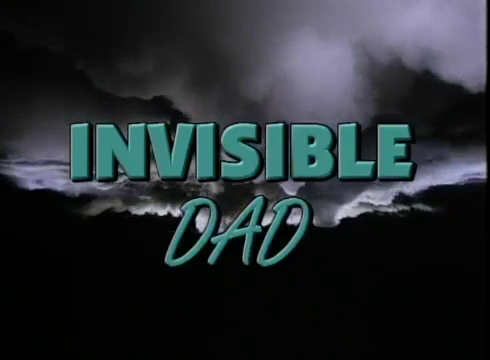
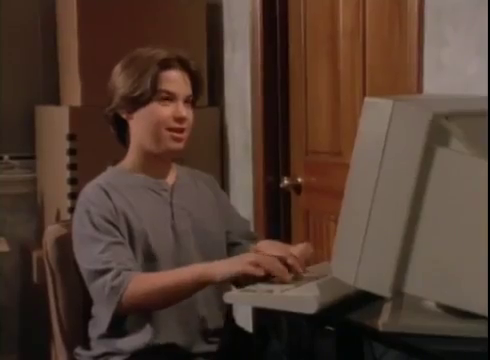
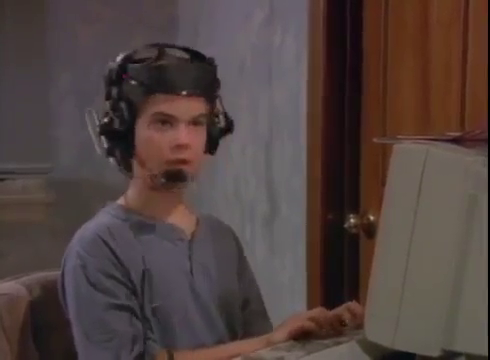
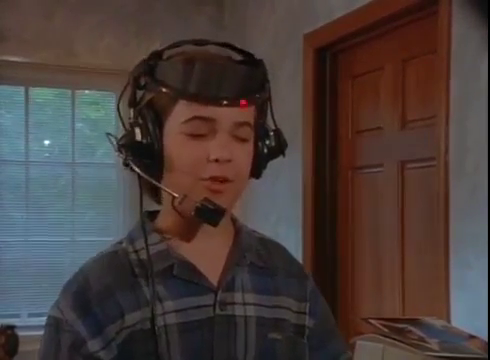
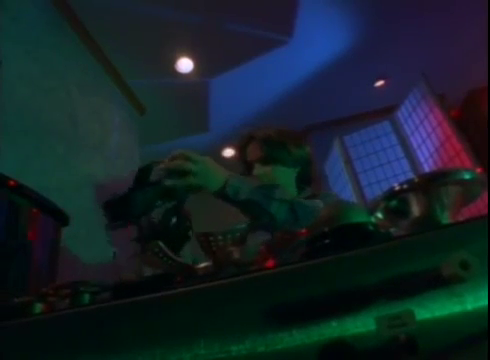
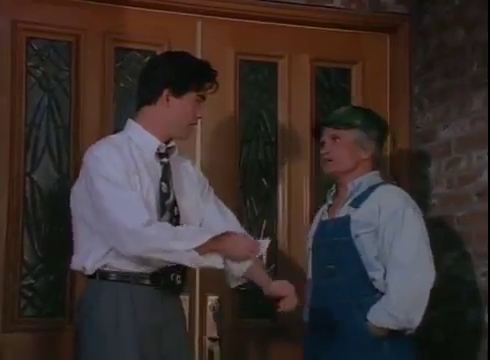
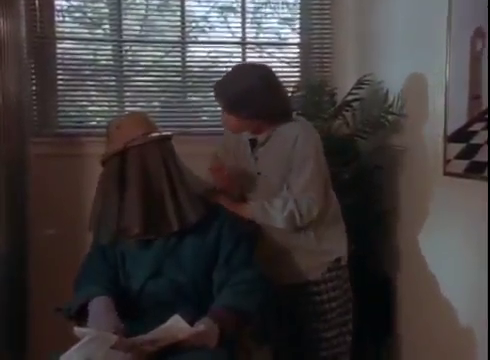
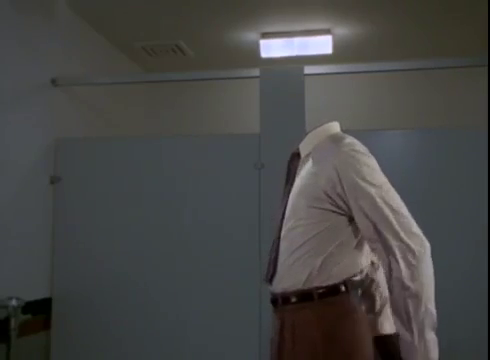
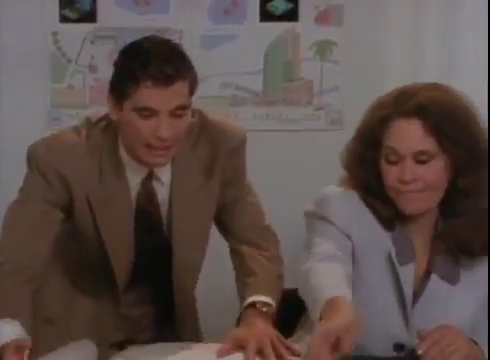
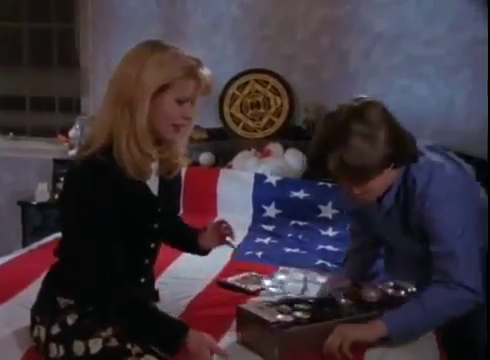
Invisible Dad (1998)
Film review #623
Director: Fred Olen Ray
SYNOPSIS: Andrew Bailey often moves around the country thanks to his job, with his son Doug. Arriving in their new home, Doug finds a strange device in the garage left by the former occupant. Hooking it up to his computer, he finds it can grant his wishes whenever he wears the headset to communicate with it. When he inadvertently turns his dad invisible, chaos ensues as Doug has to find a way to turn him back.
THOUGHTS/ANALYSIS: Invisible Dad is a 1998 sci-fi children’s film. It is somewhat a sequel to the 1996 film Invisible Mom by the same director, but features none of the original cast or settings. Invisible Mom II was released in 1999 (reviewed previously) is perhaps the true sequel, as it features the original cast and continues their story, so this film just exists in a strange void with no real continuity to the “franchise” (if we can call it that). Anyway, the plot this time concerns Andrew Bailey and his son Josh, who have to move around often due to Andrew’s work as an architect. In their new house, Josh finds some strange inventions in the garage left by the former occupant, one of which he hooks up to his computer. It turns out that this computer can grant any wish by simply speaking into the headset. By anything, I mean anything: Josh manages to make food appear out of thin air, teleport a model directly to his bedroom, and even travel back in time. When Josh’s Dad finds out about it, he tells him to destroy it because it causes too much trouble. Unfortunately, Josh wishes his dad would “just disappear” just before he destroys the device, and he turns invisible. With no way to turn back visible, they must find a way to fix the device.
There’s inherently some issues with the story here: The most glaring one is that Josh finds a device that can do anything: time travel, make anything appear, the works. The fact that the film is just about one man turning invisible is a bit underwhelming when you’ve already established everything else. Josh tries to plead with his Dad that they could print infinite money or anything, but he simply says it is too much trouble, which is a very weak cop-out. The film goes through all the expected tribulations of being invisible, with no real surprises in that regard. There’s a scene where Josh and his Dad are at a restaurant, with Andrew covered in clothes to hide the fact that he is invisible, and they are constantly interrupted by a man who cracks mean-spirited “jokes” after every line of dialogue; I mean, really nasty remarks about how ugly he probably he underneath all those clothes. It’s really odd for a kid’s film. Anyway, on top of the whole invisible thing, there’s also the sub-plot concerning Andrew’s job as an architect, and him needing to turn visible before his colleague steals his idea, and also before said colleague contracts a dodgy builder to build the project using sub-standard materials that will probably collapse and kill whoever is inside. Add in the romance sub-plot, and also the inventing partner of the guy who made the device, who now resides somewhere in the jungles of Africa, and you’ve got a film that is trying to do way too much. Lots of the plot elements get lost in the mix, and the whole invisible thing doesn’t really get enough time or attention to be interesting.
The characters don’t really have anything interesting about them: Josh is a typical lead whose Mom has passed away and he carries around a photo of her and such. It’s not too traumatic for kid’s. His Dad is a workaholic, and doesn’t take kindly to being invisible. There’s also Sandy’s teacher, who he tries to set up with his Dad, who doesn’t really have much of a role to play. However, Josh keeps constantly telling us how hot she is in his narration, which is a bit weird for a kid. Combine this with the pretty dire acting, and you’ve got nothing redeemable on this front.
Aside from the previously mentioned scene of the men-spirited harassment in the restaurant scene, there’s other parts of the film which are morally dubious too. there’s the dodgy contractor who is planning to kill Andrew to get his cheap material on the project he is working on, which never gets beyond meagre threats, but is still an odd addition. There’s also a part of the film where Josh literally goes shoplifting for computer parts, and his caught and thrown in jail. His teacher then breaks him out, and Josh’s Dad just overlooks his shoplifting, because he was doing it to “help him out,” which is a pretty weird message to be giving out in a kid’s film, and also since his character has already been established as not wanting to get into trouble.
Overall, Invisible Dad is a mess. It throws too much into the mix and ends up creating a directionless mess. Even for a kid’s film, there’s just nothing interesting or imaginative for them to latch on to, and I doubt that it would keep their attention long enough. Probably the worse of the invisible trilogy if I’m honest, as while the original had barely anything going on in it, it was at least easy to follow and mostly harmless, whereas Invisible Dad is all over the place, mean-spirited in parts, and sorely lacking in humour or charm.
-
#622 – Invisible Mom II (1998)
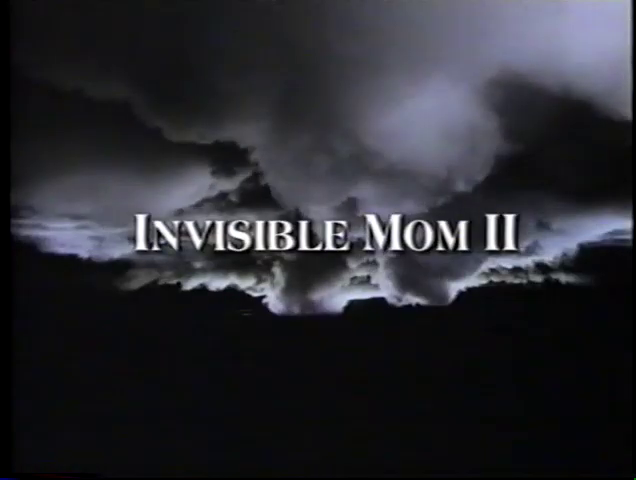
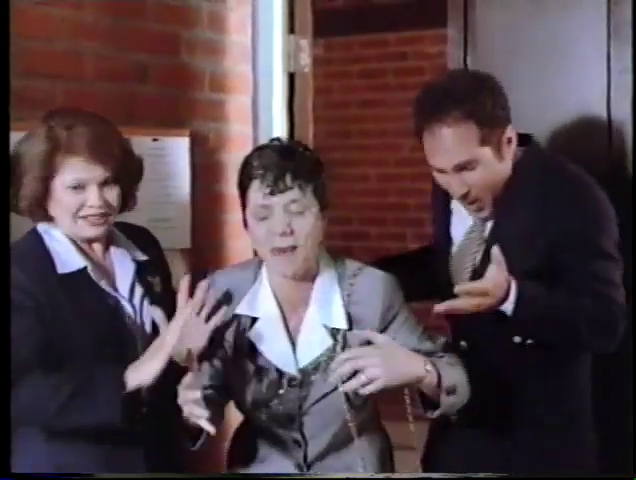
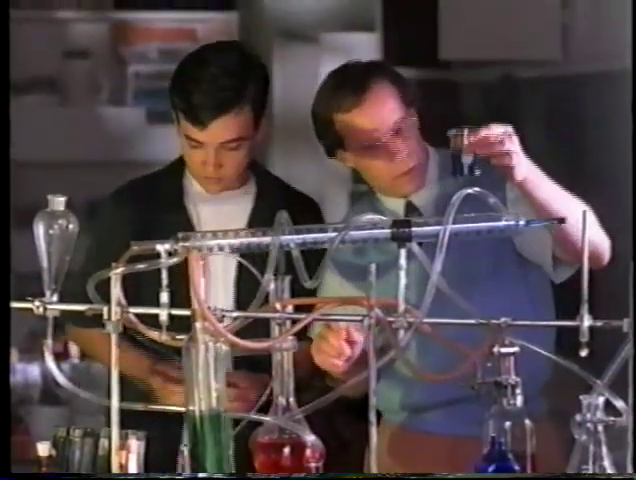

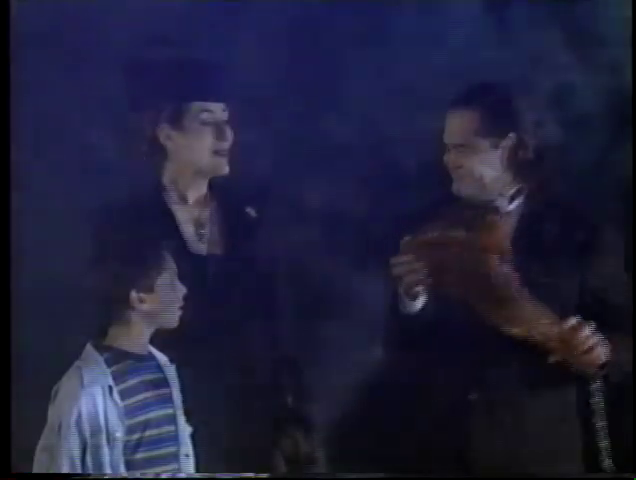
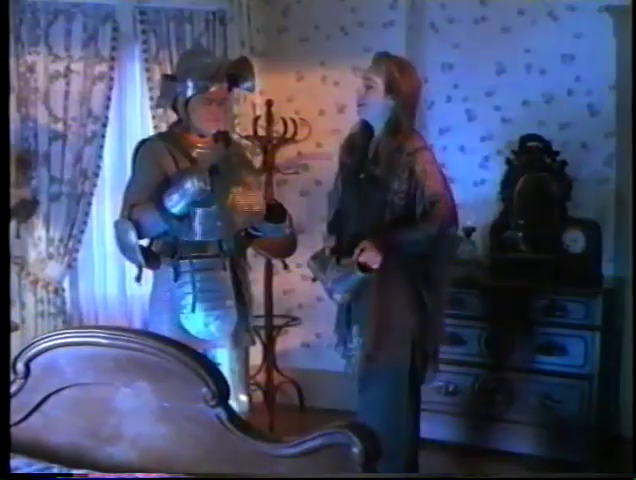
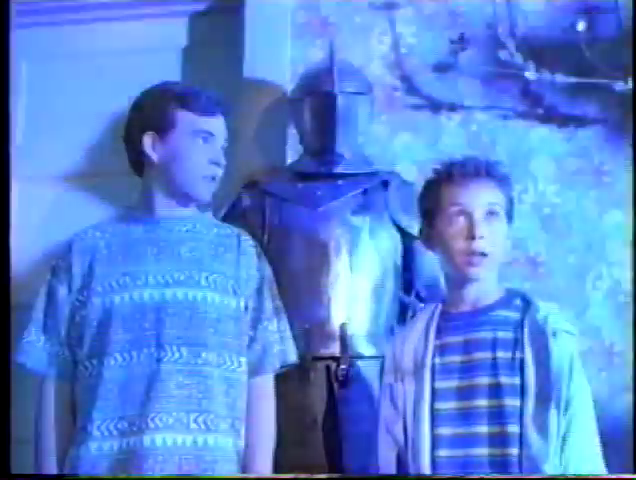
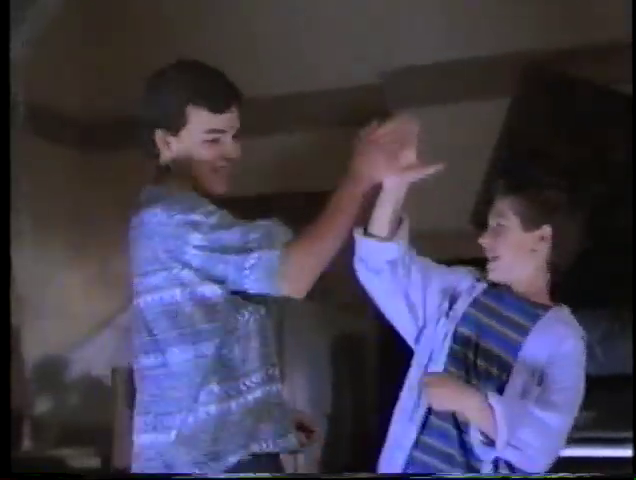
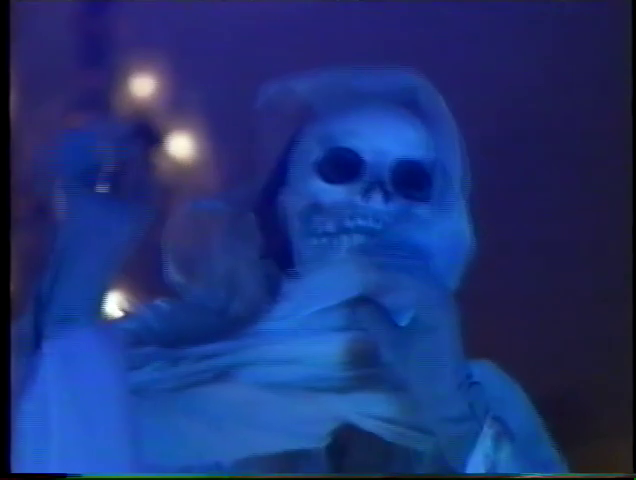
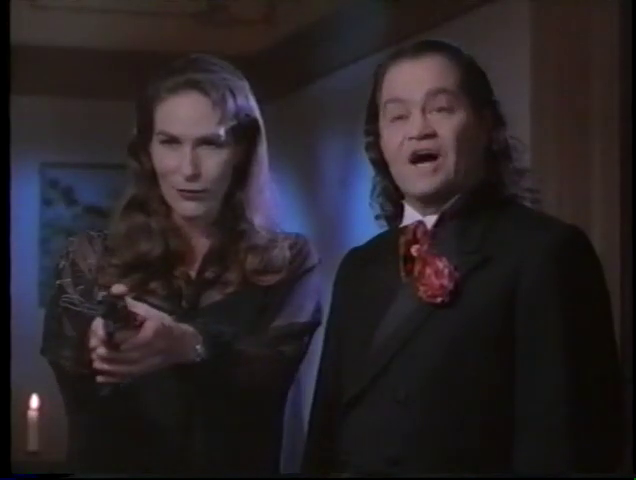
Invisible Mom II (1998)
Film review #622
Director: Fred Olen Ray
SYNOPSIS: When a millionaire passes away, his long-lost grandson Eddie becomes the heir of his fortune. Unbeknownst to him, he is stuck in an orphanage while the hunt for him goes on. He is fostered by the Griffin family, learning that Mrs Griffin has the ability to turn invisible when she is angry, thanks to one of her husband’s inventions. However, Eddie’s cousins take him away to adopt him so that they can claim the inheritance, and the Griffin’s must conduct a rescue before it’s too late…
THOUGHTS/ANALYSIS: Invisible Mom II is a 1999 sci-fi children’s film, and the follow up to the 1996 film Invisible Mom. two years after the events of the first film, we open to…something completely different, as a man lies dying in bed. His nearest family members eagerly await his death so they can claim his vast fortune, but upon learning that their young cousin Eddie is alive somewhere in Foster care and he will get the entire fortune, they hatch a plan to find and adopt him…and eventually kill him like they have the rest of the family to get their hands on the fortune. The plot is a fairly standard one for a kid’s film that’s simple enough to follow, and has distinct, yet goofy villains. It should also be noted that it actually has a plot, unlike the first film, in which barely anything happens other than Mr Griffin’s boss tries to take credit for the discovery.
Speaking of which, it turns out that the antidote Mrs Griffin took to turn visible again was only partially successful, and she still turns invisible when she gets angry…yes, I’m going to go for the obvious joke here: she’s basically The Invisible Hulk. The ending of the first film is hand-waved away, with the formula apparently being taken by the U.S. military and that’s the end of it. You might expect a familiar scenario of Eddie being angry or rebellious about his new foster home but…he seems to quite like it immediately: everyone is quite nice to each other all around, and there is no conflict anywhere: even when Eddie decides to try and clean a stain on Josh’s jacket with a handheld buzzsaw (????), Josh just shrugs and says he didn’t like it anyway. Again, I know this is a children’s film, but I’m sure it’s okay to have a bit of conflict and tension somewhere? The Griffin’s themselves are mostly unchanged from the first film: all the same actors return, although Josh is notably older now as he is a teenager, but we don’t get any exciting new character arcs or development for them.
Eddie’s cousins turn up to adopt him as his only living relatives and to take him to their home, with the intent of killing him off and collecting the inheritance. Josh stows away in their car, and when his parents learn of it, they must conduct a rescue, and Mom has to turn invisible to rescue them. It’s noteworthy that Mrs Griffin barely turns invisible: just three times, the first only happening half-way through the film. Eddie’s cousins as the villains are probably the stand-out characters: they really chew the scenery every time they’re on screen. Bernard is played by Micky Dolenz of The Monkees fame, and really has a voice that you can’t help but listen to. The last part of the film is essentially just Eddie and Josh running about the villains mansion (why do they need the inheritance when they clearly live in a mansion?) while they try to off the children. It’s not terribly exciting, and as mentioned, there’s not much of any “invisible Mom” shenanigans that add anything to the formulaic plot. Despite all these criticisms, it is well acted, with Dee Wallace as invisible Mom, Micky Dolenz as mentioned, and Justin Berfield as Eddie, who would take the role of Reese in Malcolm in the Middle a year or so later. the film tries to have a bit of fun, but loses its way the moment it tries to veer outside the very formulaic plot. Nevertheless, it is an improvement over its predecessor, if only for the reason there is a bit of a story. Still not a great film, and certainly not for anyone other than young kids who can overlook the gaping plot-holes.